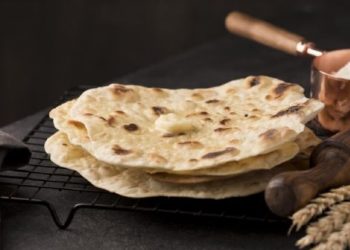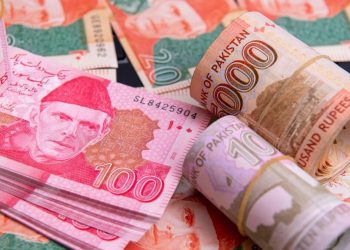What is Hijama or Cupping Therapy, is a question that’s been popping up off and on because people are curious to learn about this ancient method. So we did our little research on what is Hijama or Cupping Therapy and how it’s backed by modern science and is claimed to be a Sunnah by the Holy Prophet (P.B.U.H).
“Indeed in hijama (cupping) there is a cure”. – Saheeh Muslim
“Indeed, the best of remedies you have is hijama (cupping)”. – Saheeh Al Bukhari
“Hijama is the most helpful procedure for human beings to cure themselves”.– Saheeh Al Bukhari and Saheel Muslim
Hijama also known as Cupping Therapy, is a type of alternative treatment is an age old Islamic treatment that the new study of Science supports and is also known to help control diseases. But the integral question is how?
There is a lot of literature on the internet on what is Hijama or Cupping Therapy, so we’ve tried our best into giving you some concise information down below. And we hope that it helps in expanding your knowledge.
“HIJAMA” IN ARABIC MEANS “DRAWING OUT”
Hijama is a method of purifying the blood of toxins and unhealthy build-ups. It’s a non surgical procedure. Everyday we are exposed to chemicals, fumes, and substances that end up accumulating in our blood. With time this build-up can take a toll on our health. Hijama is a great way of cleansing the blood of these impurities and getting your body rejuvenated and the scope of Hijama is much higher than any homeopathic treatment.
THIS IS HOW HIJAMA IS PERFORMED
- It is a simple procedure where a cup made of glass, silicone or earth ware will be placed on the site to create suction.
- This will be removed to give a few cuts on the pulled muscles.
- Impure blood will get collected in the cups and the procedure will take around 3- minutes.
Typically in a Hijama session, you would be asked for what conditions you want to address through treatment or if you have any specific sites in mind for cupping. A good therapist, however, should be knowledgeable enough to guide you about different cupping sites and their effects.
BEST DAYS TO HAVE HIJAMA THERAPY
The best and most beneficial days to have hijama performed, also commonly known as the ‘Sunnah Days’ are the 17th, 19th or 21st of the Islamic (Lunar) month which fall on a Monday, Tuesday or Thursday.
Taking into consideration that in Islam the night enters before the day. So at sunset on Tuesday, Wednesday night comes in and so on.
Hijama Therapy is more beneficial when perfomed during the daytime between fajr and maghrib.
(source: online)
COMMON QUESTION? DOES IT HAVE ANY SIDE EFFECTS
There are no systemic side effects of this method however few topical symptoms like scarring and pain at the site of cuts may be experienced. The use of olive or coconut oil is often recommended.
THINGS TO CONSIDER PRE- & POST- HIJAMA
Synchronizing the below-mentioned points with your Hijama session may help you get the most out of it.
- Eat a light meal 4 hours before the session.
- Take a bath and wear comfortable clothing.
- Avoid using any harsh chemicals on the skin before hijama.
- Increase your hijama sessions gradually.
- If you feel pain upon suction inform your therapist. This might be due to poor skin condition.
- Do not leave the clinic immediately after hijama is done. Due to alteration in blood volume, you may feel slight lightheadedness.
- Avid eating oily foods after hijama and concentrate on hydrating yourself to further detoxify your body.
PROBLEMS THAT HIJAMA CAN CURE
Hijama is used for a variety of health problems including:
- Asthma
- Joint aches
- Stress
- Acne
- Hormonal problems
- Hypertension
- High cholesterol levels
- Muscle stiffness etc
WHERE CAN I GO FOR HIJAMA
It’s always wise to do your research before opting for any procedure. However you can look up here on Marham to find Hijama experts in your city.




